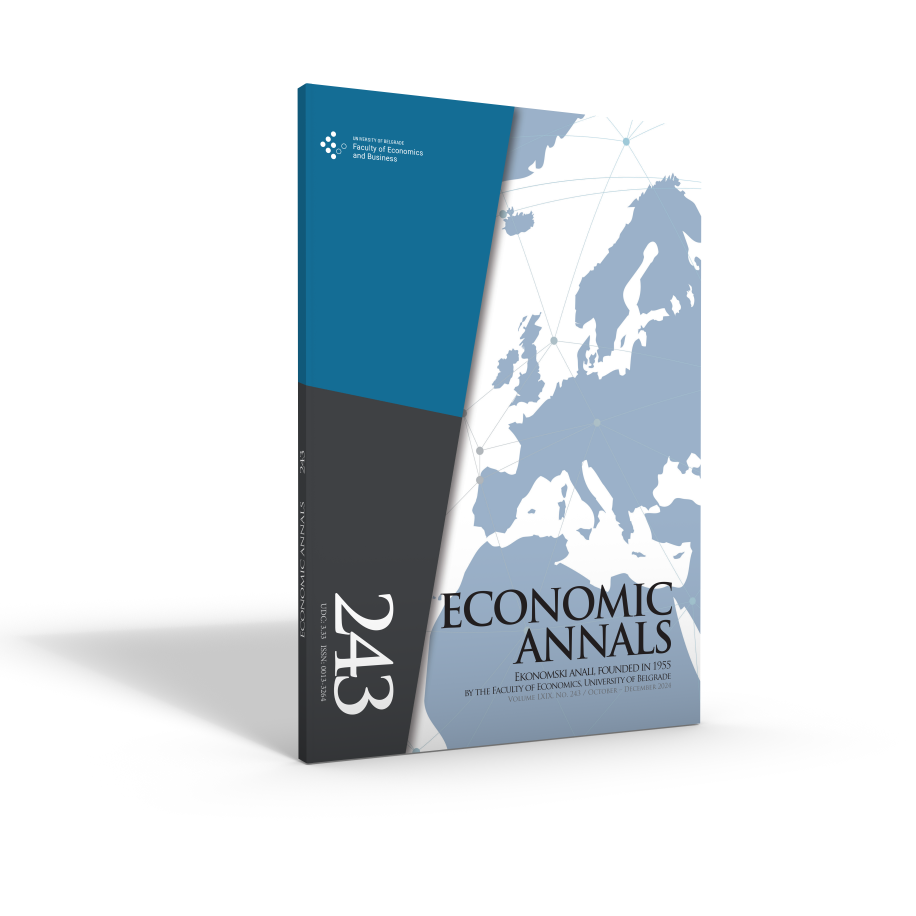THE ASYMMETRIC EFFECT OF EXCHANGE RATE PASS-THROUGH TO DOMESTIC PRICES: EVIDENCE FROM NIGERIA
##plugins.themes.bootstrap3.article.main##
##plugins.themes.bootstrap3.article.sidebar##
Joshua Adeyemi Afolabi
Abstract
The linear relationship between exchange rates and domestic prices has been extensively researched but little is known about their asymmetric relationship, particularly in Nigeria. This study examined nominal exchange rate passthrough to domestic prices using the official and parallel market exchange rates. The non-linear autoregressive distributed lag (NARDL) estimation technique was adopted to analyse data of relevant variables from 2011M1 to 2021M3. The results showed that the parallel market exchange rate, not the official exchange rate, is the driver of domestic prices in Nigeria due to the huge discrepancies in the two rates, which economic agents exploit to their advantage. The Wald test results confirmed the existence of short-run asymmetry between parallel market exchange rates and domestic prices in Nigeria. This suggests the need for the Nigerian monetary authorities to close the gap between the official and parallel market exchange rates to minimise arbitrage.
##plugins.themes.bootstrap3.article.details##
exchange rate passthrough, domestic prices, Central Bank of Nigeria, parallel market, non-linear autoregressive distributed lag
C32, E31, E50, N27

